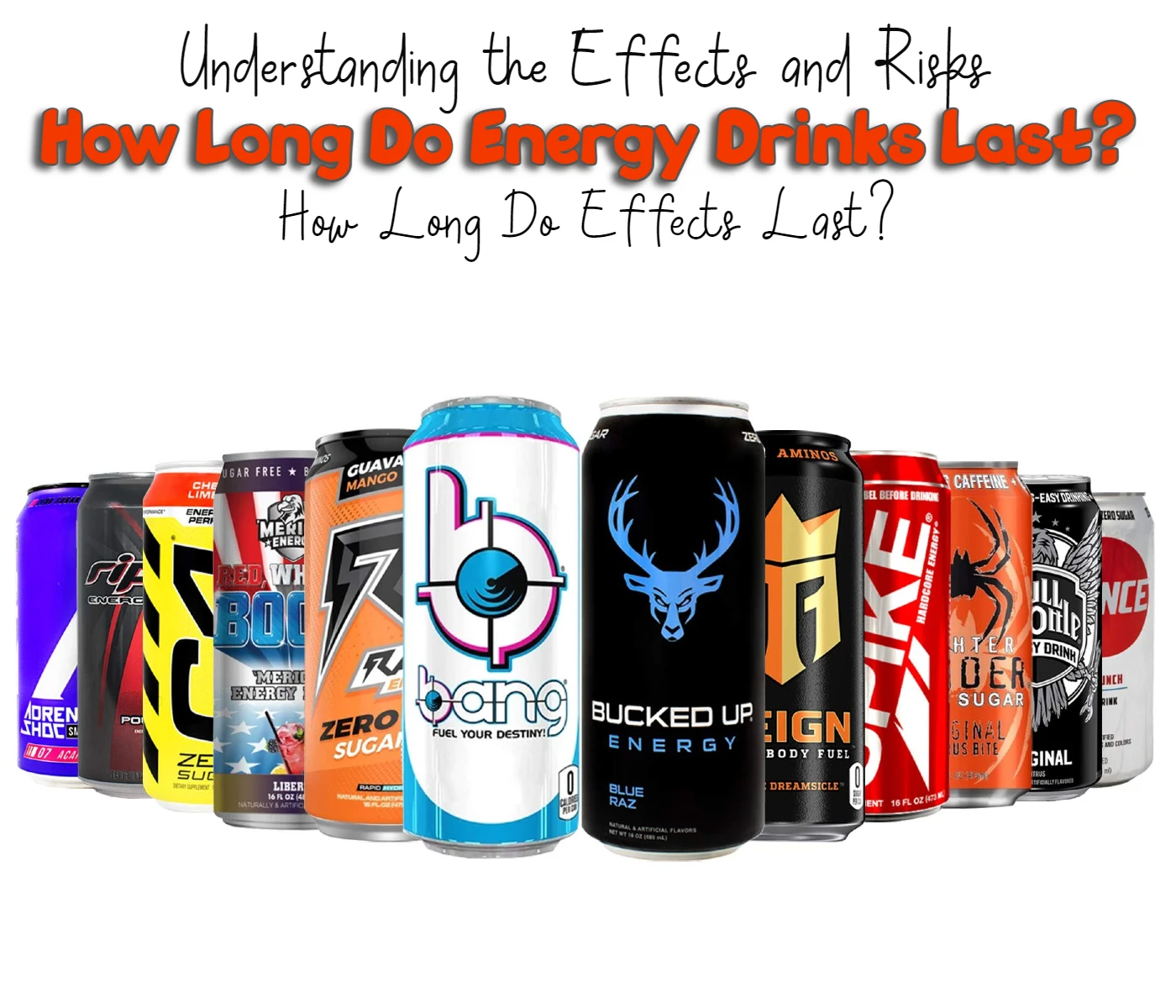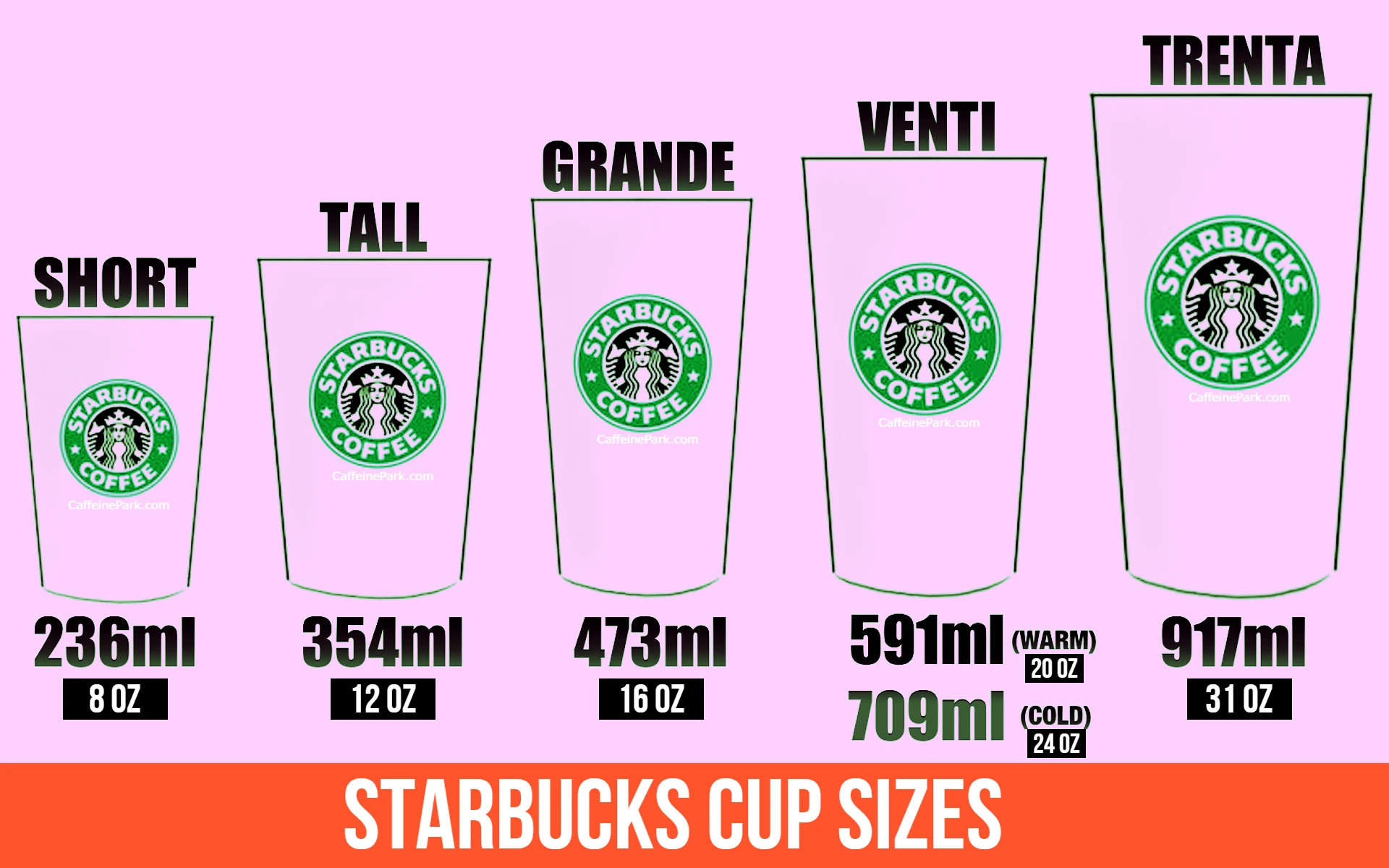
How Long Does an Energy Drink Last?
Hey there! Today, we’ll be talking about energy drinks and how long they last.
Energy drinks are popular beverages that are consumed to provide an energy boost. They contain various ingredients like caffeine, taurine, vitamins, and sugars, which stimulate the nervous system and improve physical and mental performance. However, many people are not aware of how long the effects of an energy drink last.
In this article, we’ll explore the different factors that affect the duration of an energy drink’s effects, and provide some tips on how to safely consume energy drinks.
What are Energy Drinks?
Energy drinks are beverages that are designed to provide an energy boost. They contain various ingredients that stimulate the nervous system, including caffeine, taurine, and B vitamins. Most energy drinks also contain high levels of sugar, which provides a quick burst of energy.
Energy drinks are marketed toward people who need a quick energy boost, such as athletes, students, and people who work long hours. However, they have also become popular among people who are looking for a quick pick-me-up or a substitute for coffee.
How Long Do Energy Drinks Last?
The duration of an energy drink’s effects depends on several factors, including the amount of caffeine and sugar it contains, the individual’s metabolism, and their tolerance to caffeine.
On average, the effects of an energy drink can last for up to 6 hours. However, this can vary depending on the individual and the amount of caffeine they consume. Some people may feel the effects of an energy drink for only a few hours, while others may feel them for up to 12 hours.
Factors that Affect the Duration of an Energy Drink’s Effects
Caffeine Content
Caffeine is the primary ingredient in energy drinks that provides an energy boost. The amount of caffeine in energy drinks can vary greatly, ranging from 50 mg to over 300 mg per serving. The more caffeine an energy drink contains, the longer its effects will last.
Sugar Content
The sugar content in energy drinks can also affect how long their effects last. High levels of sugar can provide a quick burst of energy, but this can also lead to a crash later on. Energy drinks with low sugar content may provide a more sustained energy boost.
Metabolism
The individual’s metabolism can also affect how long the effects of an energy drink last. People with a faster metabolism may process caffeine more quickly, leading to a shorter duration of effects. On the other hand, people with a slower metabolism may feel the effects of an energy drink for a longer period of time.
Tolerance to Caffeine
Individuals who consume caffeine regularly may have a higher tolerance to it, meaning they will not feel the effects of an energy drink as strongly or for as long as someone who does not consume caffeine regularly.
How to Safely Consume Energy Drinks
Energy drinks can be a safe and effective way to boost your energy levels, but they should be consumed in moderation. Here are some tips on how to safely consume energy drinks:
- Limit Your Intake
It’s important to limit your intake of energy drinks to avoid consuming too much caffeine and sugar. The American Academy of Pediatrics recommends that children and adolescents should not consume energy drinks at all and that adults should consume no more than 400 mg of caffeine per day.
- Read the Label
Before consuming an energy drink, it’s important to read the label to check the caffeine and sugar content. Choose energy drinks with lower levels of sugar and caffeine.
- Avoid Mixing with Alcohol
Mixing energy drinks with alcohol can be dangerous, as it can mask the effects of alcohol and lead to excessive drinking. It’s best to consume energy drinks on their own.
- Stay Hydrated
Energy drinks can be dehydrating, so it’s important to drink plenty of water while consuming them. Dehydration can lead to headaches, dizziness, and other negative side effects.
- Be Mindful of Your Body’s Reactions
Everyone reacts differently to energy drinks, so it’s important to be mindful of your body’s reactions. If you experience negative side effects, such as anxiety, heart palpitations, or difficulty sleeping, it may be best to avoid energy drinks altogether.
- Don’t Use it as a Replacement for Sleep
Energy drinks should not be used as a replacement for sleep. Getting enough sleep is essential for overall health and well-being. Consuming energy drinks to compensate for a lack of sleep can lead to negative side effects and long-term health problems.
- Consider Alternatives
There are many alternatives to energy drinks that can provide a natural energy boost. Eating a healthy diet, exercising regularly, and getting enough sleep are all effective ways to boost your energy levels without relying on energy drinks.
Conclusion
Energy drinks can provide a quick and convenient way to boost your energy levels, but they should be consumed in moderation. The duration of an energy drink’s effects depends on several factors, including the amount of caffeine and sugar it contains, the individual’s metabolism, and their tolerance to caffeine.
To safely consume energy drinks, it’s important to limit your intake, read the label, avoid mixing with alcohol, stay hydrated, be mindful of your body’s reactions, and not use them as a replacement for sleep. There are many alternatives to energy drinks that can provide a natural energy boost, so consider exploring these options as well.
Alternative to Energy Drinks
There are many alternatives to energy drinks that can provide a natural energy boost. Here are some options:
- Green Tea: Green tea contains caffeine and L-theanine, an amino acid that can help improve focus and reduce stress. It also contains antioxidants that can benefit overall health.
- Exercise: Regular exercise can help increase energy levels by improving circulation and boosting endorphins.
- Water: Dehydration can lead to fatigue and low energy levels. Drinking plenty of water throughout the day can help you stay hydrated and alert.
- Healthy Snacks: Snacks that are high in protein and complex carbohydrates, such as nuts and whole grains, can help provide sustained energy throughout the day.
- Natural Supplements: There are many natural supplements that can help improve energy levels, such as ginseng, Rhodiola, and ashwagandha.
- Aromatherapy: Certain essential oils, such as peppermint and citrus, can help improve alertness and focus when inhaled.
- Sleep: Getting enough sleep is crucial for overall health and energy levels. Aim for 7-8 hours of sleep per night to ensure you are well-rested.
By incorporating these alternatives into your daily routine, you can achieve a natural energy boost without the risks associated with energy drinks.
FAQs
The effects of an energy drink can last for up to 6 hours on average, but this can vary depending on the individual’s metabolism, tolerance to caffeine, and the amount of caffeine and sugar in the energy drink.
Yes, energy drinks can be harmful if consumed in excessive amounts or if mixed with alcohol. They can lead to negative side effects such as anxiety, heart palpitations, and difficulty sleeping.
No, energy drinks are not recommended for children and adolescents. The American Academy of Pediatrics recommends that they avoid consuming energy drinks altogether.
The amount of caffeine that is safe to consume can vary depending on the individual’s tolerance and sensitivity to caffeine. However, the American Academy of Pediatrics recommends that adults consume no more than 400 mg of caffeine per day.
Yes, there are many alternatives to energy drinks that can provide a natural energy boost. Eating a healthy diet, exercising regularly, and getting enough sleep are all effective ways to boost your energy levels without relying on energy drinks.
Read More:





